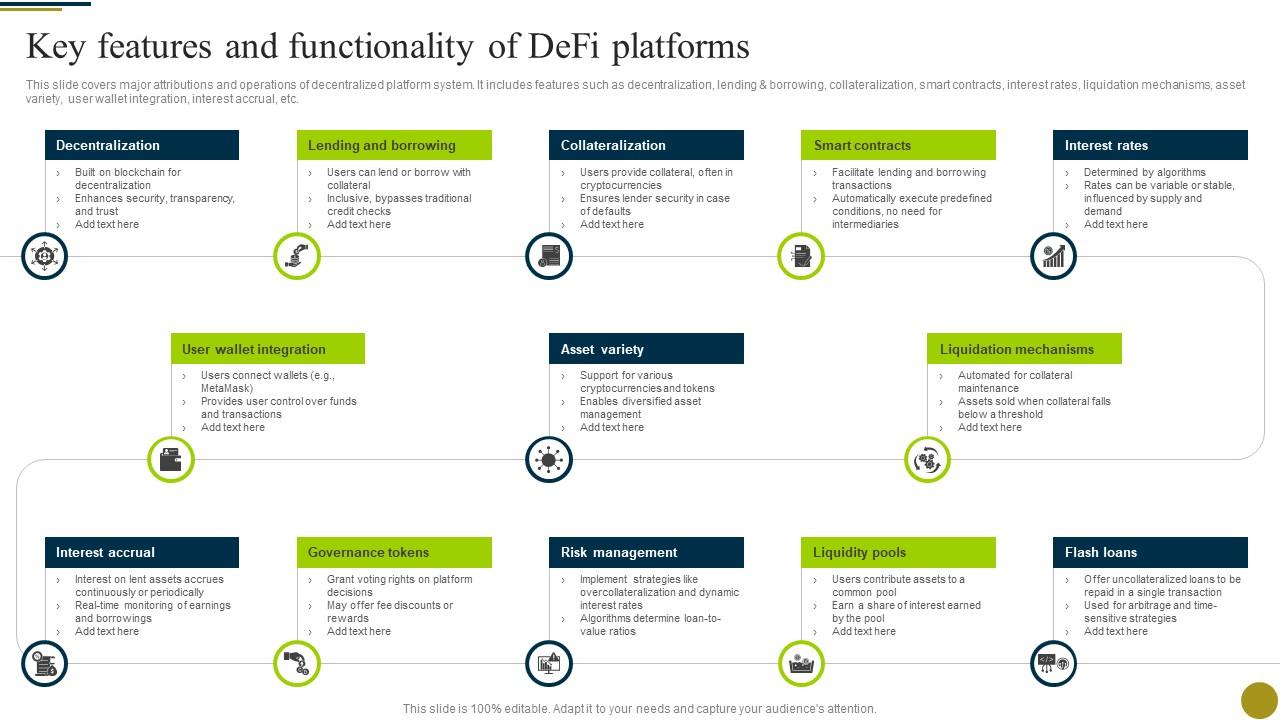Boat Drops: Your Portal to Aquatic Adventures
Explore the world of boating with tips, news, and insights.
Secure Your Space: Why Decentralized Platforms Are the Future of Online Privacy
Discover how decentralized platforms are revolutionizing online privacy and why securing your digital space is crucial for the future.
Understanding Decentralized Platforms: A New Era for Online Privacy
In recent years, decentralized platforms have emerged as a groundbreaking solution for protecting online privacy. Unlike traditional centralized systems that store user data on single servers, decentralized platforms distribute data across a network of computers, or nodes. This architecture not only enhances security by reducing the risk of data breaches but also minimizes the control that any single entity has over user information. As consumers become increasingly aware of their digital footprints and the potential misuse of their data, many are turning to decentralized options as a viable alternative.
Understanding the workings of these platforms can help users make informed decisions about their online presence. Key features of decentralized platforms include:
- Increased Privacy: User data is not stored in centralized databases, making it harder for malicious actors to access.
- Data Ownership: Individuals maintain control of their information, deciding who has access and how it is used.
- Transparency: The decentralized nature allows for greater transparency and accountability, as changes and transactions are often recorded on public blockchains.
Embracing these innovations can pave the way for a more secure and private online experience.

Counter-Strike is a highly popular tactical first-person shooter game that emphasizes teamwork and strategy. Players can choose between two factions: terrorists and counter-terrorists, each with distinct objectives. For those looking to enhance their gaming experience, many players explore various platforms and promotions, including a cryptocasino.com promo code for additional bonuses in related gaming environments.
How Decentralization Empowers Users: The Benefits of Privacy-First Solutions
Decentralization revolutionizes the way users interact with technology by shifting control away from centralized entities and empowering individuals with enhanced agency. This transition fosters privacy-first solutions that prioritize user confidentiality and data security. Unlike traditional systems, where personal data is often exploited for profit, decentralized platforms place users at the forefront, allowing them to maintain ownership of their information. By utilizing blockchain technology, for example, users can engage in transactions without exposing their sensitive data, thereby minimizing risks associated with data breaches and identity theft.
Furthermore, the benefits of privacy-first solutions extend beyond just data protection; they also cultivate trust and democratize access to services. When users know that their data is not being collected or misused, they are more likely to participate actively in digital environments. This leads to a more vibrant ecosystem of innovation, where individuals can collaborate and exchange ideas freely. In summary, decentralization not only empowers users by safeguarding their privacy but also promotes a more equitable digital landscape that benefits everyone involved.
Is Your Data Safe? Exploring the Limitations of Centralized Services vs. Decentralized Alternatives
As our reliance on digital services continues to grow, the question of data security becomes increasingly crucial. Centralized services, such as those provided by major tech companies, often offer convenience and ease of access; however, they come with significant risks. These platforms typically store vast amounts of user data in a single location, making them attractive targets for cybercriminals. A successful breach can expose sensitive personal information, leading to identity theft and financial loss. For instance, high-profile incidents, like the Equifax data breach, demonstrate the vulnerabilities associated with centralized systems.
In contrast, decentralized alternatives provide a promising approach to enhancing data security. By distributing information across a network of nodes, decentralized services minimize the risk of a single point of failure. This structure not only reduces the likelihood of mass data breaches but also enhances user control over personal information. Moreover, decentralized platforms often incorporate encryption and other security measures that are inherently more resilient to tampering. Users looking to protect their data should consider making the switch to decentralized services, as they offer a greater level of security and privacy in an increasingly interconnected world.